34+ Sample Residential Contracts
-
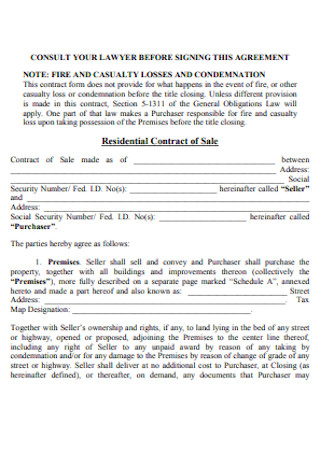
Residential Contract of Sale
download now -
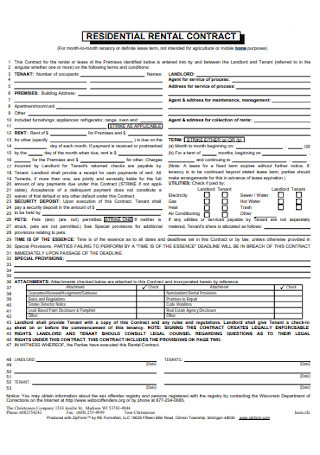
Residential Home Rental Contract
download now -
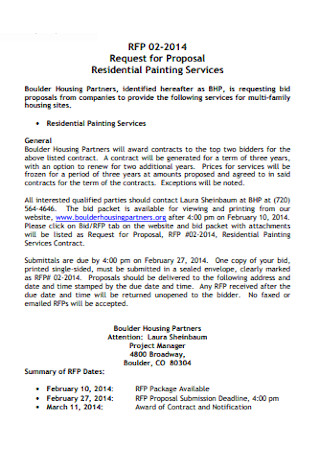
Residential Painting Contract
download now -
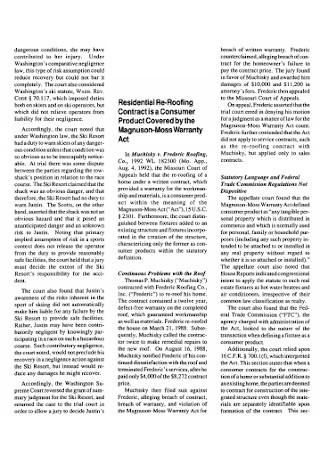
Residential Re-Roofing Contract
download now -
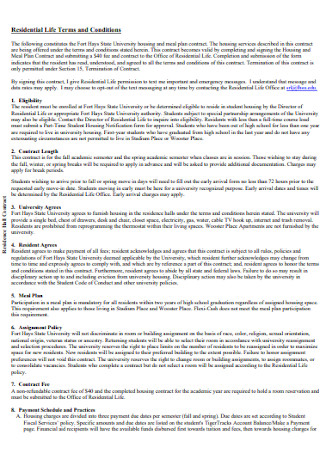
Residential Life Housing Contract
download now -
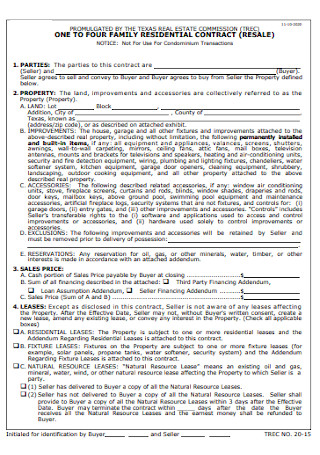
Family Residential Contract
download now -
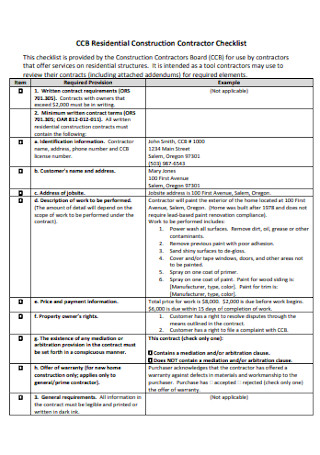
Residential Construction Contractor Checklist
download now -
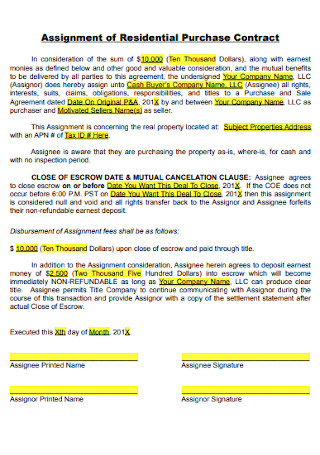
Assignment of Residential Purchase Contract
download now -
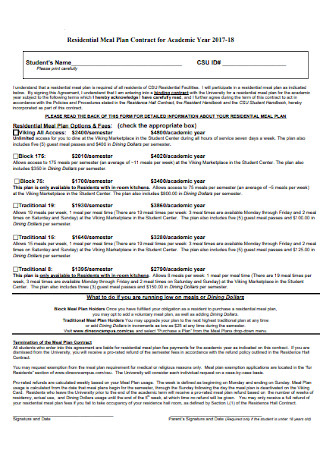
Residential Meal Plan Contract for Academic
download now -
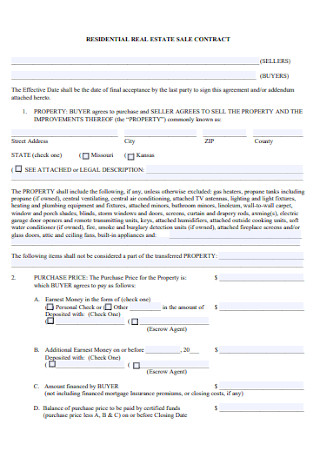
Residential Real Estate Sales Contract
download now -
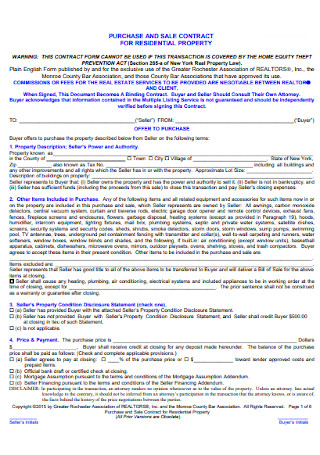
Residential Property Contract
download now -
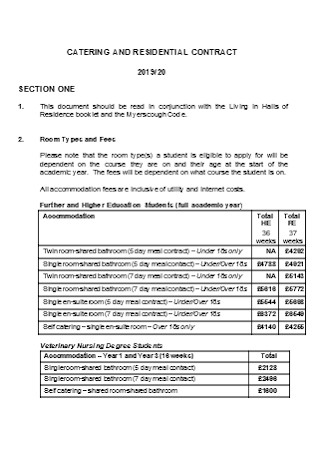
Catering and Residential Contract
download now -
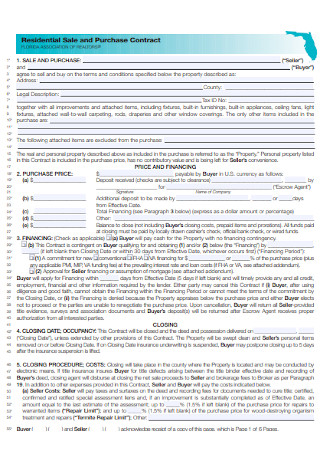
Estate Residential Sales Contract
download now -
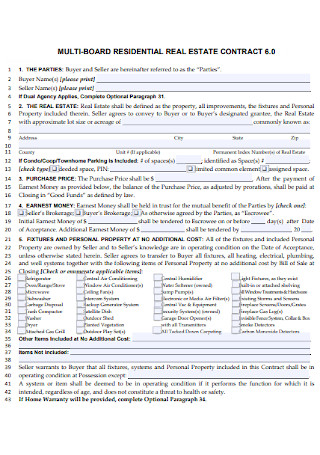
Multi-Board Residential Real Estate Contract
download now -
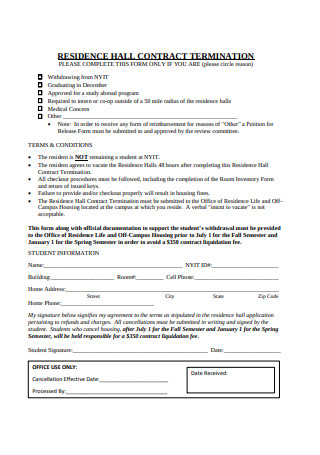
Residential Hall Contract Termination
download now -
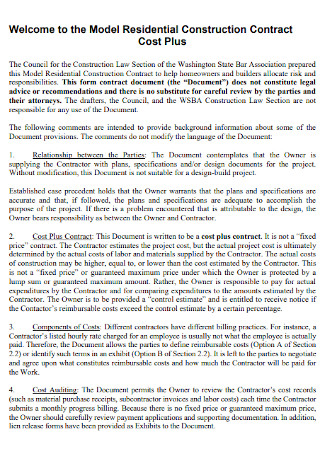
Residential Construction Contract
download now -
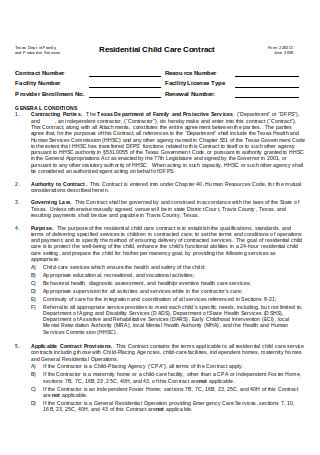
Residential Child Care Contract
download now -
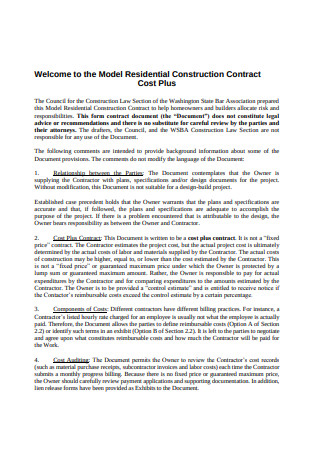
Residential Construction Contract
download now -
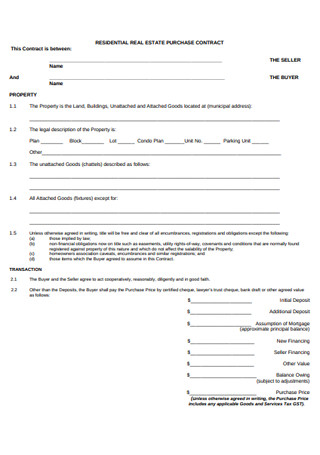
Residential Real Estate Purchase Contract
download now -
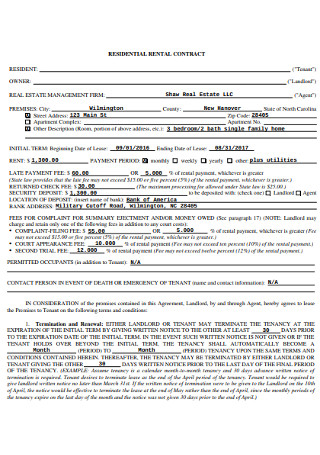
Basic Residential Rental Contract
download now -
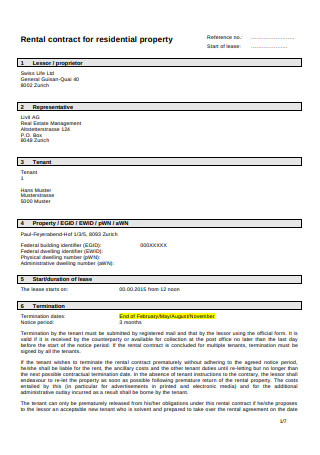
Rental Contract for Residential Property
download now -
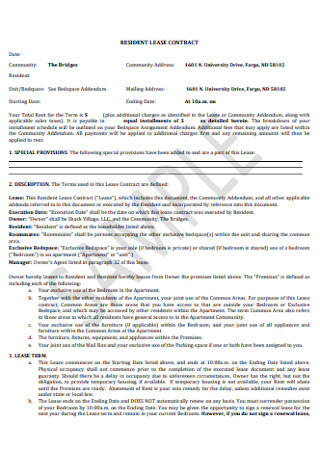
Residential Lease Contract
download now -
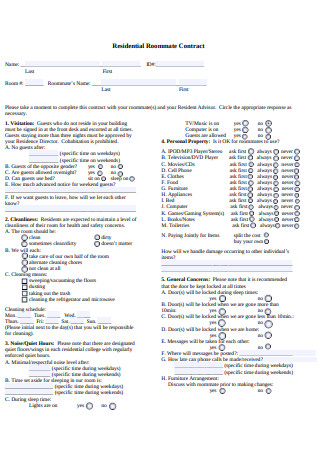
Residential Roommate Contract
download now -
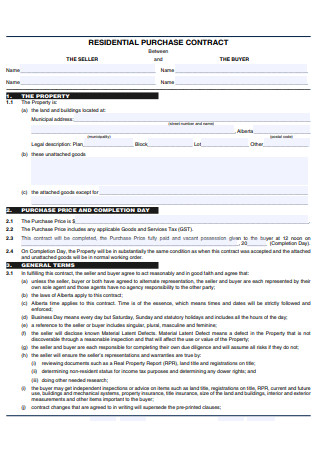
Residential Purchase Contract
download now -
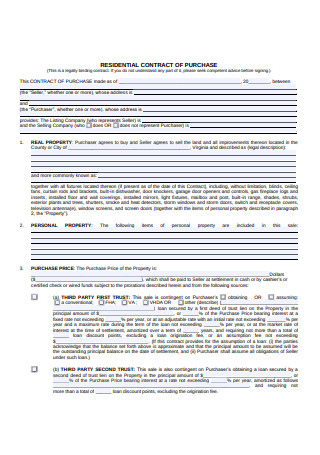
Residential Contract for Purchase
download now -
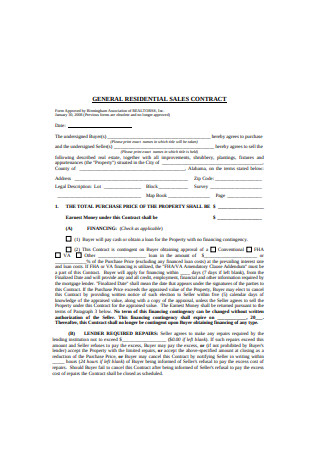
General Residential Sales Contract
download now -
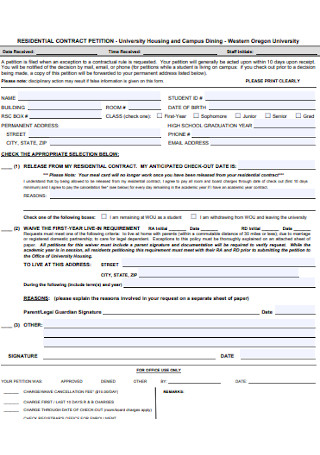
Residential Contract Petition Template
download now -
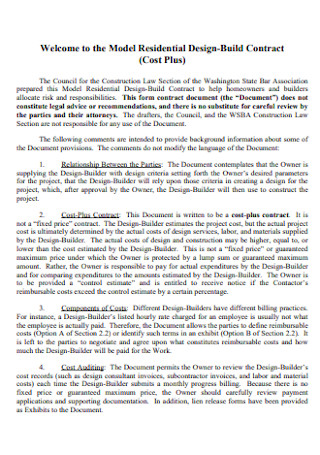
Residential Design-Build Contract
download now -
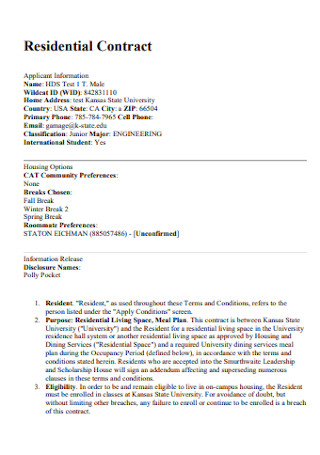
Residential Contract Format
download now -
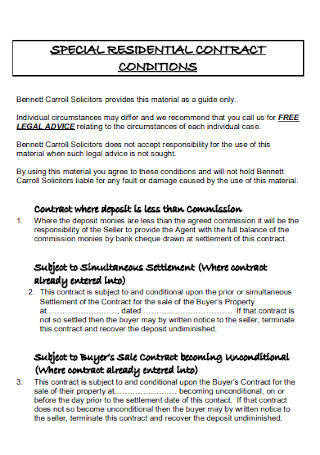
Special Residential Contract
download now -
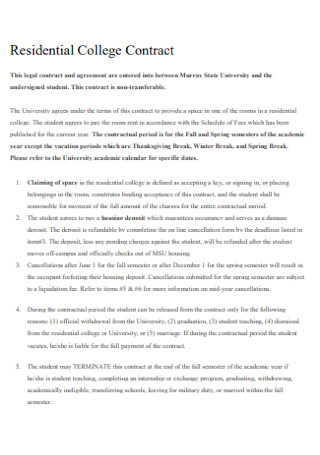
Residential College Contract
download now -
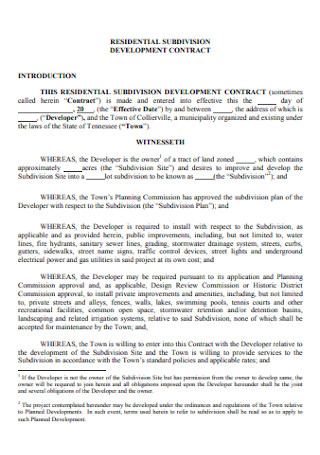
Residential Subdivision Development Contract
download now -
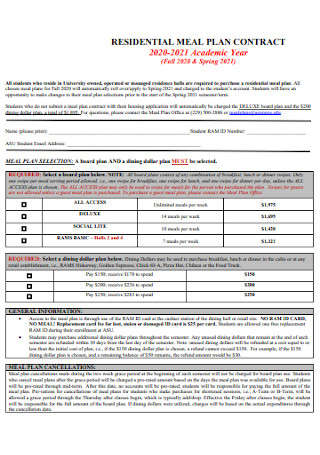
Residential Meal Plant Contract
download now -
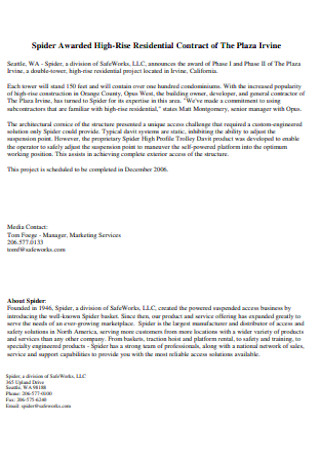
High-Rise Residential Contract
download now -
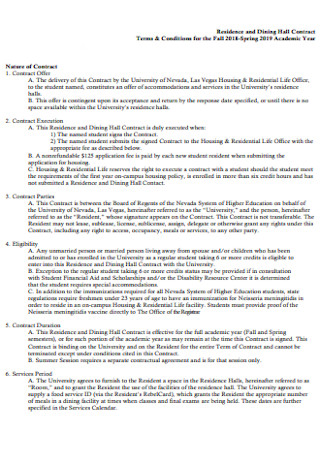
Residence and Dining Hall Contract
download now
FREE Residential Contract s to Download
34+ Sample Residential Contracts
What Is a Residential Contract?
Components of a Residential Contract
How to Create a Residential Contract
FAQs
Should you buy a home or just rent one?
Is it a good idea to sell my current home before buying another?
What is the importance of a residential contract?
A residential contract is a must between the seller and the buyer of a house and lot. Any new house owner must get their hands on this document. Start the search for a new home by familiarizing yourself with what the contract is. Learn more about residential contracts along with their definition, construction, and components
from the article listed below.
What Is a Residential Contract?
A residential contract is a type of real estate contract, is a legally binding agreement, similar to a rental lease agreement, between two parties engaged in the transfer or purchase of a real property. The contract outlines the obligations of both parties upon entering an agreement about the buy, sell, or transfer of real estate property. It is essential to differentiate between a residential contract and a residential deed because a deed represents the actual transfer of ownership from one party to another, making it the closing step of the transaction. The residential contract specifies all the terms and conditions of the agreement based on the offers proposed. Any seller or potential buyer must establish a residential contract for a clear and thorough process of the sale with the essential provisions of both parties. The parties must also show they have the legal capacity to agree to make purchases, exchanges, and other situations related to real estate transactions.
According to an article published by Statista Research Department on May 4, 2021, a total purchase of 6.5 million homes is on record in the United States during 2020. A projection of an increase to 7.1 million homes after 2021. Despite the pandemic, Americans are still keen on purchasing properties as realtors and sellers are still marketing lots and real estate across the country.
Components of a Residential Contract
Some residential contracts have a simple construction similar to a memorandum of sale or provide more relevant detail to the agreement like special clauses or property descriptions. The legal document varies depending on the type of residential property and the agreed-upon terms of both parties. Here are the components that are commonly in a residential contract.
How to Create a Residential Contract
The quality and content of the contract are also essential to how much a property costs. Poorly written contracts and agreements lessen the chance of buyers accepting offers, and it is vital to put enough research into creating the documents. Here are the steps to guide the creation of a residential contract.
Step 1: Identify the Correct Form to Use
It is clear that contracts are not generic and require different forms under the state laws covering them. Make sure to use the correct format for the residential contract depending on the nature of the sale. It is okay to use generic contracts in dealings. However, specific agreements are more reliable to secure deals with clients.
Step 2: Determine the Price, Payment Schedule, and Methods
It is beneficial to write the price for the property in the contract. It is also advantageous for buyers to indicate a price lesser than intended to make necessary adjustments when communicating with the seller. In most states, a requirement of earnest money payment creates a binding purchase offer. It must be a set value and a reasonable price to signal the seller that the buyer is serious about the purchase. The buyer must determine the method of down payment, whether through the means of cash, banknotes, stocks, or another real estate. Ensure that the down payment is on time to avoid the expiration of the agreement. Include the payment methods for the contract, whether cash, credit, installment, or mortgages.
Step 3: Include Contingency Statements and Clauses
Contingencies must reflect in the contract depending on the property’s location and state laws. Many contracts carry multiple provisions and contingencies, such as the ones identified in the components of a residential contract. Include all necessary contingencies that would benefit both parties.
Step 4: Indicate Possessions in Great Detail
It is critical to specify when a buyer moves into the property and must show the possession date in the contract. It is either on the day of closing or the day after. It is also necessary to include rental agreements if the buyer takes possession of the property or includes the purchase of the fixtures and items. Make sure to have an apartment checklist ready to monitor all objects within the residence.
Step 5: Specify Payment of Fees and Special Reports
The contract must indicate who pays for the fees in the contract. The responsibility of paying the fees falls in the hands of one party or the other. The buyer may issue to make a counteroffer if they are unaware of the customs of the location. It is also necessary for both parties to have copies of inspection reports to avoid disputes between parties. However, a seller must always disclose all known discrepancies in the property before making a sale.
Step 6: State the Offer’s Expiration
Set a reasonable deadline in a consideration clause based on the state laws of the residential property’s location. Consider an offer void if a seller fails to respond within the date. It is also necessary to clarify the place of acceptance or if another person receives the delivery on either parties’ behalf.
FAQs
Should you buy a home or just rent one?
Buying a home in itself is already a solid investment. On the other hand, several people consider renting to be more ideal. Both are viable options depending on a person’s circumstance. Essential questions require answers in determining whether to buy a home. One of the most notable points to consider is the length of stay in the residency upon purchase. If it is not permanent and you are contemplating moving after a few years, renting is the best option. Another point to consider is whether you are ready to take on the responsibility of keeping your own home. From the payment of amenities to home maintenance and property taxes, you must be able to commit yourself to all aspects of being a homeowner. It is advisable to seek counsel from professional real estate lawyers or even banks to consider your options.
Is it a good idea to sell my current home before buying another?
There are pros and cons to purchasing a home if you own one before and selling one before buying another. The most notable benefit of acquiring a home before selling is that there is suitable property available. It reduces overthinking and stressful thoughts about the pressure of finding a new home. The downside is that, in turn, it sets you up for disappointment if you are unable to purchase a new home without selling the other. The price you set up for your present home may be much smaller than you anticipated. Meanwhile, selling your home becomes unpredictable as time passes. There is no exact date when the sale happens. Marketing your present place of stay before making a purchase puts you in an advantageous position to negotiate a reasonable price without the sale contingency of your existing residence. The risk of this compromise is that no guarantee of you possessing a place to live without closing a deal. Both options have weight consequences, so it is best to take advice from people knowledgeable in real estate.
What is the importance of a residential contract?
The residential contract is a binding and legal agreement between the buyer and the seller of the residential property. Having the names of the parties reflected in the contract means they know the responsibilities and consequences of the agreement. It protects the buyer and seller by enforcing the contingency statements under the contract and through the state laws governing the property. A well-written agreement defends both parties from any illegal transaction and gives adequate opportunities to resolve disputes.
It is vital to familiarize yourself with a residential contract, especially if you are unfamiliar with purchasing a home. Proper research and decision-making are mandatory for individuals lacking knowledge about residential contracts or agreements. Ensure that you know the pros and cons of obtaining or renting homes to suit personal or family needs. Also, ensure that you know the steps in creating a well-written residential contract and the content it must possess for a smooth transaction. Residential real estate is pricey and must be thought through carefully. In the words of Muhammad Ali Jinnah, “Think 100 times before you take a decision, But once that decision is taken, stand by it as one man.” If you need any help, it’s always advisable to seek it. Check out the residential contract samples in the article above and make your dream home a reality.
